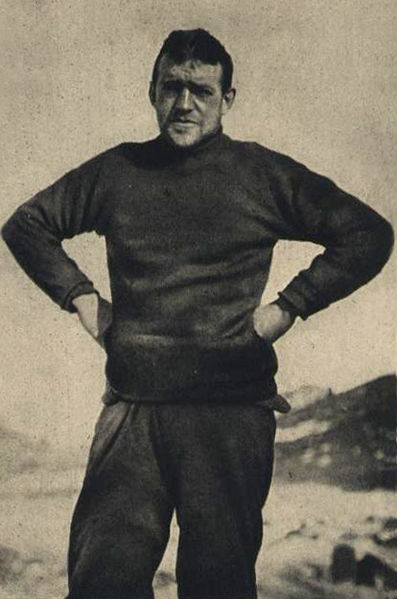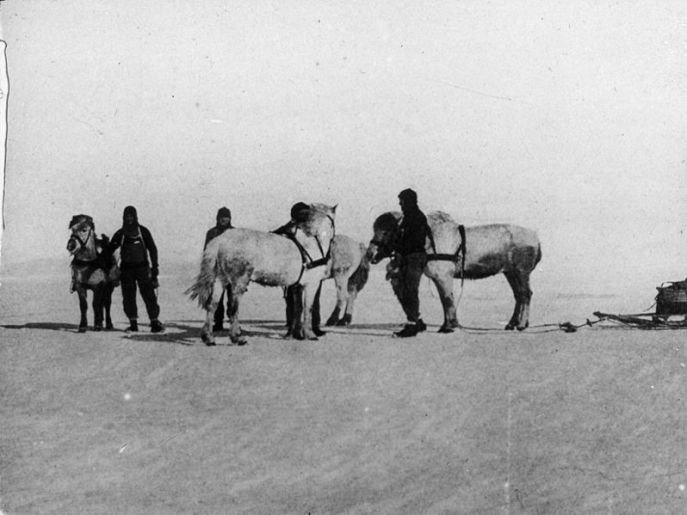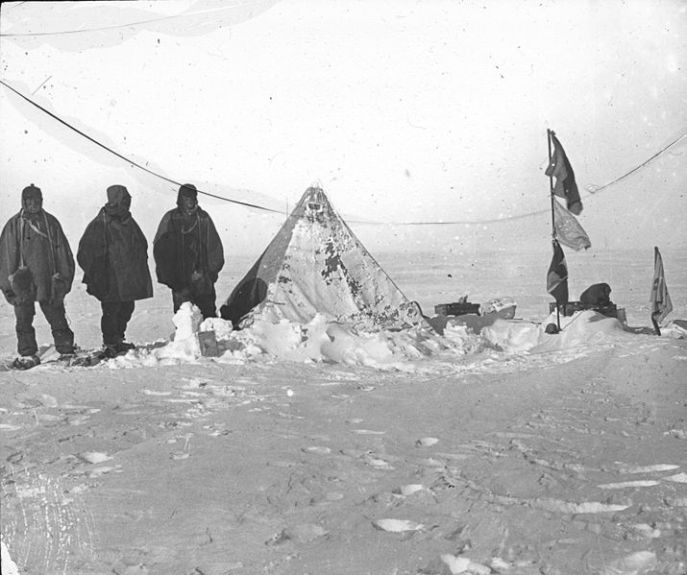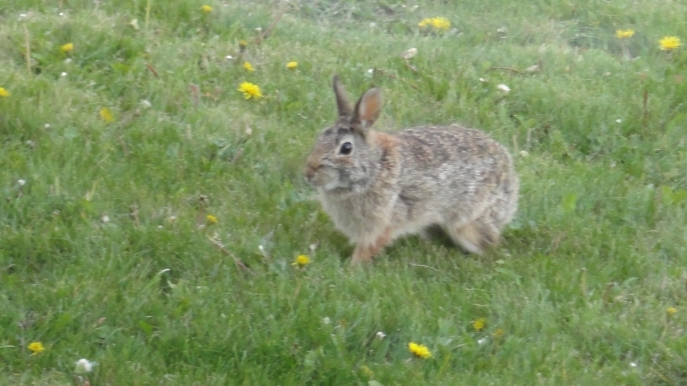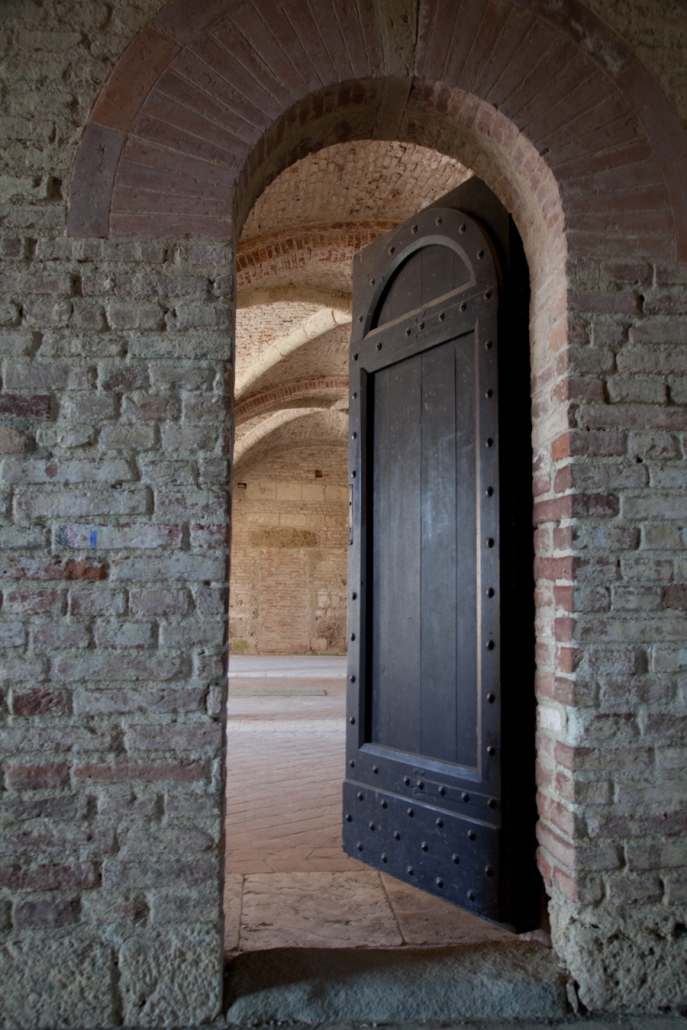A shared childhood is a hidden language made up of gestures, glances, raised eyebrows, isolated words and uncalled-for laughter and tears; spoken only by those initiated into the years when memory draws every event in primary colors outlined with thick, black lines. It is a language that can never be translated into another tongue or life; it is time enfleshed in the child.
“How many brothers and sisters do you have?” may seem like an easy question to most people, but for me it is complicated and difficult. Mother had eight living children over a span of 25 years. I grew up knowing the oldest; she was 15 years older than me. I lived for a while with the youngest, my brother who is 10 years younger than me. And I shared my childhood with my sister, K, who is 18 months older.
She was the golden child, tall, pretty, and smart, who charmed the aunts and uncles. I was not.
We played together, sometimes peaceably. She carries small scars from times I scratched her; I suffer with writer’s limp because she broke my arm. She’ll deny it and say the earth broke my arm; she merely sent me aloft in a childish game of push-up. She has always had a problem with reasonableness.
When our father died, K was ten and I was eight. She left childhood then, although I didn’t know it at the time. K took responsibility for me while mother dealt with her grief. And once the grief passed, mother began barhopping in search of another man. All those years, I thought my sister was just being bossy, still pushing me, not up, but around.
We spent our growing years together parsing the world, trying to understand its meaning. And because our mother played the central role, our childhood is our mother tongue.
Just as we inflect words, or modify them, to express a change in tense or number, the stories we now tell are inflected with memories that signal to the hearer a change in mood or meaning, but only to those who learned the language with us.
The story of my broken arm is one I love to tell, but only if my sister is there to hear it or read it. In some other language of childhood, it could be parsed as blame, but in my own mother tongue, it is part of the grammar of love.
Happy Birthday, sister.








